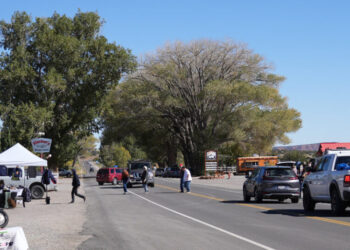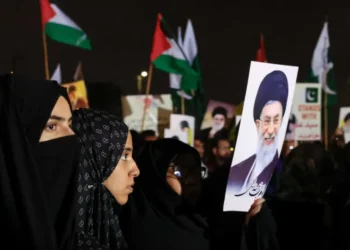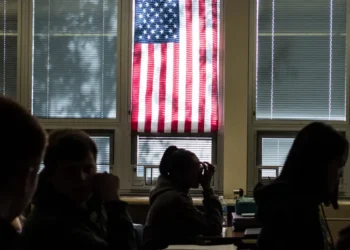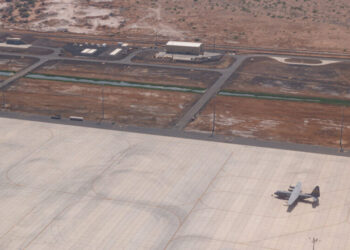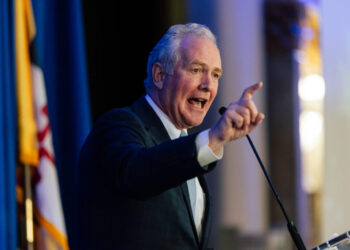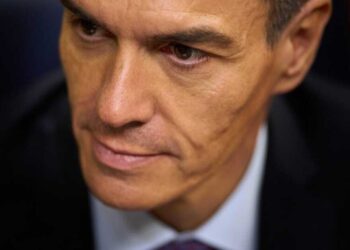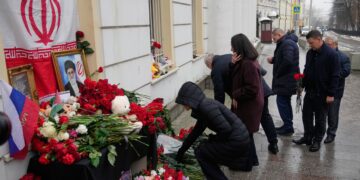A key Paramount ally makes the case for using Middle East money to buy Warner Bros.: ‘The world is changing.’
In the second Trump administration, American businesses and government officials have been eager to do deals in the Middle East....
Suspect Is in Custody After 3 Women Are Found Dead in Utah
The authorities detained a suspect in a triple homicide early Thursday, a day after three women were found dead in...
Trump error leaves US in ‘incredibly difficult position’: Iran experts
President Donald Trump’s administration made a bet on Iran’s postwar future based on a faulty assumption, according to experts. The...
Government argues ICE facility protest was actually left-wing terrorist plot
FORT WORTH — The prosecutor displayed photos on a courtroom television of evidence seized from the garage of defendants on...
America’s dating crisis is getting worse. What went wrong?
It’s a moral panic but perhaps one that’s wholly justified. In recent weeks, more data has emerged on how young...
Apple Blocks US Users From Downloading ByteDance’s Chinese Apps
While TikTok operates in the United States under new ownership, Apple has deployed technical restrictions to block iOS users in...
The 15 most educated states in the US — and the 15 least educated
Test scores, among 17 other metrics, were used to rank US states in a recent study. Newsday LLC/Newsday via Getty...
A Judge’s ‘Battle Royale’ With Trump and the Supreme Court
Hello! This week I’m exploring whether federal judges should treat the Supreme Court’s cryptic emergency orders as binding commands. Justice...
Jack Dorsey Isn’t Telling the Real Story About Block’s AI Layoffs, Insider Says
Twitter founder and Block Inc (formerly Square) CEO Jack Dorsey announced late last month that his fintech venture was making...
Tom Ford Thrills
During fashion weeks, you can’t always trust your initial impressions. Many times, I’ve wafted out of shows on a high,...

